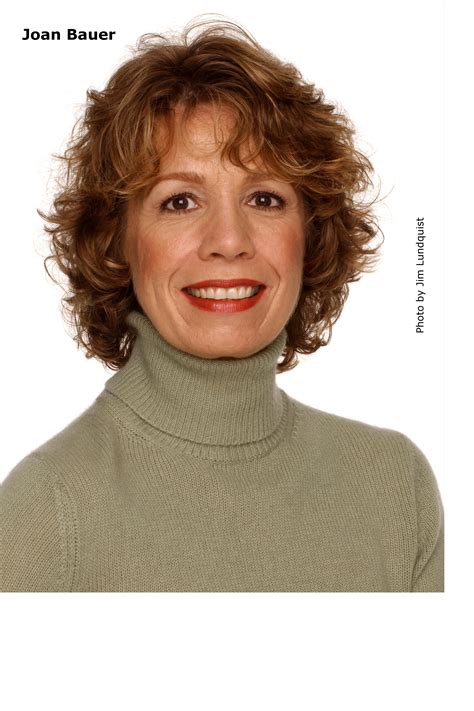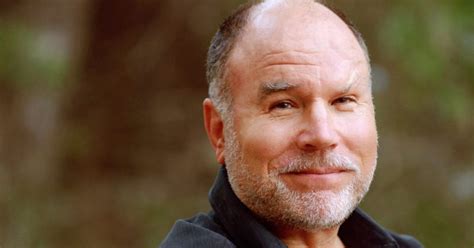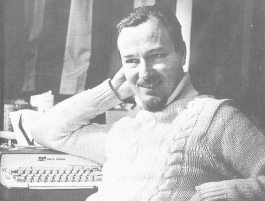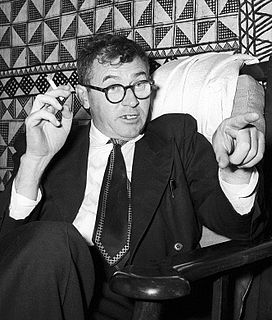A Quote by Wayne Dyer
The paradigm helps a person identify the thought system, which is almost always false, that is behind the rationale for the continuation of excuses. It helps them really look at excuses from an objective point of view and realize that everything they've been thinking is just as likely to be not true as it is to be true.
Related Quotes
I started playing chess when I was about 4 or 5 years old. It is very good for children to learn to play chess, because it helps them to develop their mental abilities. It also helps to consolidate a person's character, because as it happens both in life and in a chess game we have to make decisions constantly. In chess there is no luck and no excuses: everything is in your hands.
Everything's got a purpose, really - you just have to look for it. Cats are good at keeping old dogs alive. Loss helps you reach for gain. Death helps you celebrate life. War helps you work for peace. A flood makes you glad you're still standing. And a tall boy can stop the wind so a candle of hope can burn bright.
Either Christianity is true or it's false. If you bet that it's true, and you believe in God and submit to Him, then if it IS true, you've gained God, heaven, and everything else. If it's false, you've lost nothing, but you've had a good life marked by peace and the illusion that ultimately, everything makes sense. If you bet that Christianity is not true, and it's false, you've lost nothing. But if you bet that it's false, and it turns out to be true, you've lost everything and you get to spend eternity in hell.
My point taken further is that True and False (hence what we call "belief") play a poor, secondary role in human decisions; it is the payoff from the True and the False that dominates-and it is almost always asymmetric, with one consequence much bigger than the other, i.e., harboring positive and negative asymmetries (fragile or antifragile). Let me explain.
All religions, plainly and simply, cannot be true. Some beliefs are false, and we know them to be false. So it does no good to put a halo on the notion of tolerance as if everything could be equally true. To deem all beliefs equally true is sheer nonsense for the simple reason that to deny that statement would also, then, be true. But if the denial of the statement is also true, then all religions are not true.
My husband and I grew up with parents who supported our passion, and we're grateful to them for that. It really helps you find your identity when you're younger. It helps you become a really well-rounded person, the more you can show from different perspectives. The arts show us empathy, which is so important.






































